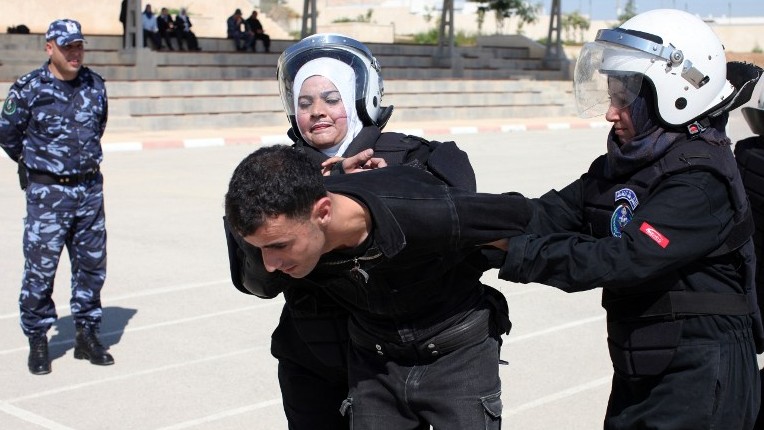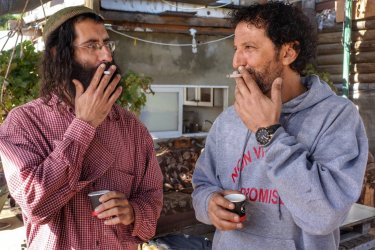- Moderator
- #1
Palestinian Women: Runners, Mothers and Breadwinners
...In Summer 2014, Shawqia took a loan from FATEN in order to develop the agriculturally rich land around her home. With the care and tenderness of a mother, she took me for a tour of her hip-height bean plants, a nursery of herbs peeking through the ground, baby fig and olive trees. Over a cup of the most amazing tea I’ve ever tasted (which I am told, is a due to the well-water stored under the home), she told me how she grows almost everything that her family eats and sells any extra, essentially eliminating the need to go to the mini market.
As she lovingly stroked her budding olive tree, she told me how her two sons (who married two sisters!), helped her to plant the fields. Now that everything is in bloom, she is very content spending her days tending her land alone. Hands don’t lie: This is a woman who is no stranger to hard work.

KIVA is an NGO microloan program that is quite successful. They loan to women primarily because women are more likely to invest it into enterprises to help their families.
...In Summer 2014, Shawqia took a loan from FATEN in order to develop the agriculturally rich land around her home. With the care and tenderness of a mother, she took me for a tour of her hip-height bean plants, a nursery of herbs peeking through the ground, baby fig and olive trees. Over a cup of the most amazing tea I’ve ever tasted (which I am told, is a due to the well-water stored under the home), she told me how she grows almost everything that her family eats and sells any extra, essentially eliminating the need to go to the mini market.
As she lovingly stroked her budding olive tree, she told me how her two sons (who married two sisters!), helped her to plant the fields. Now that everything is in bloom, she is very content spending her days tending her land alone. Hands don’t lie: This is a woman who is no stranger to hard work.
KIVA is an NGO microloan program that is quite successful. They loan to women primarily because women are more likely to invest it into enterprises to help their families.







